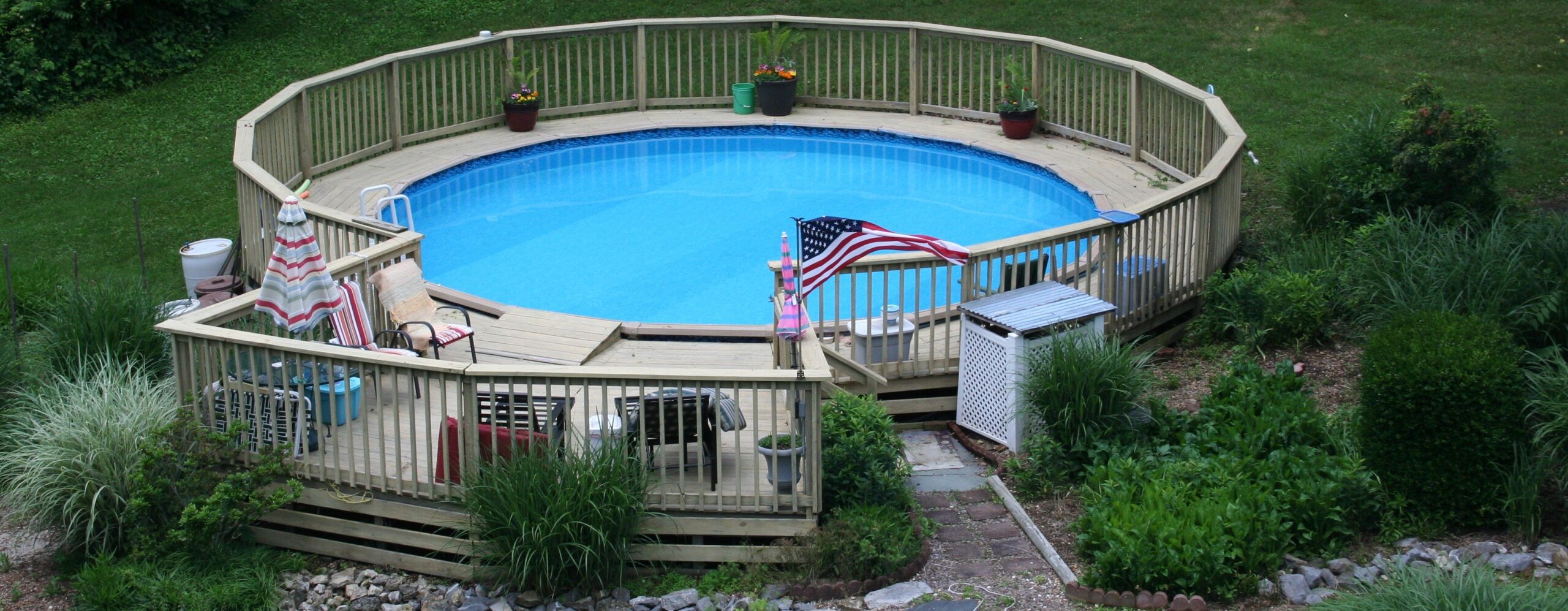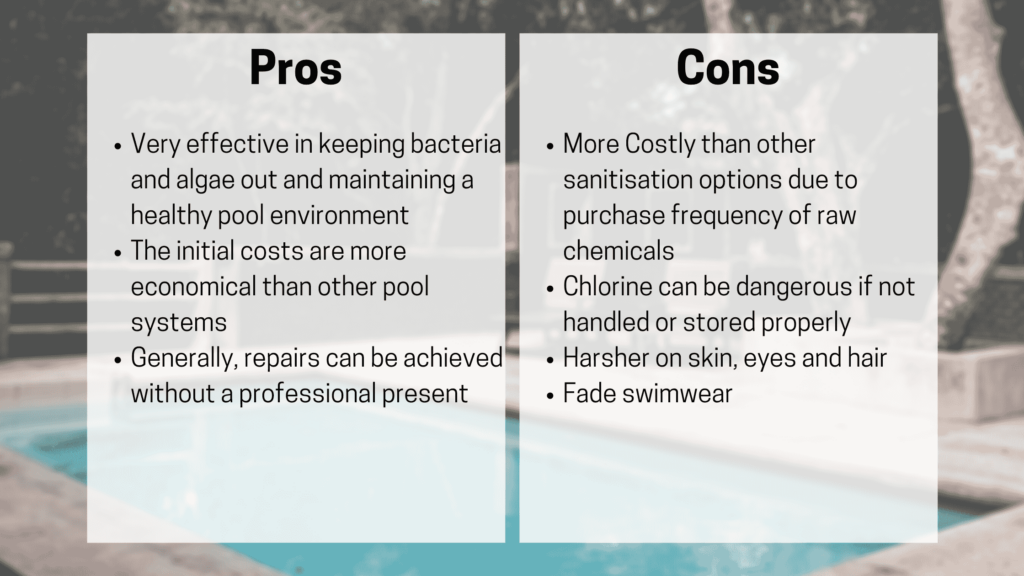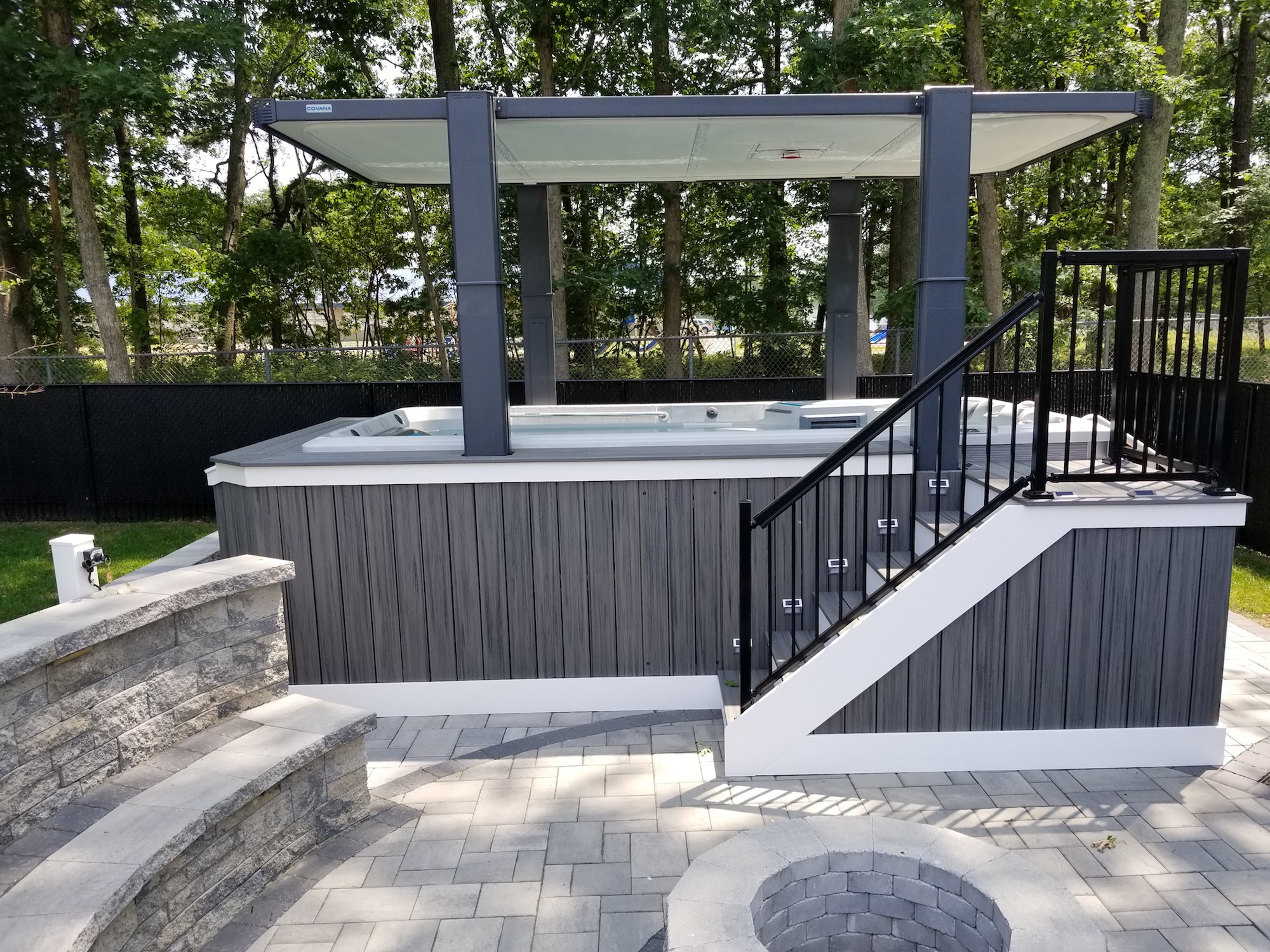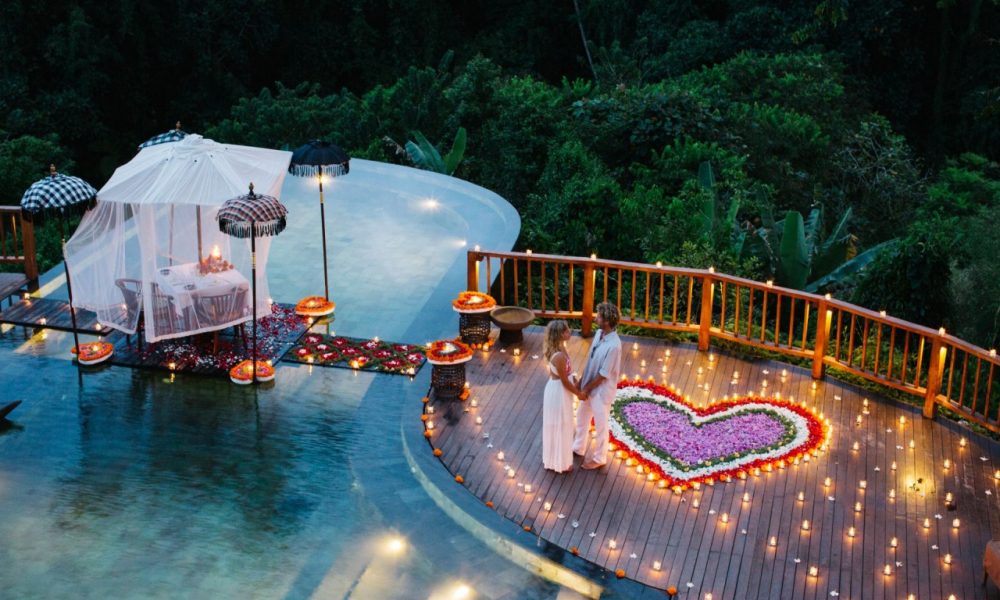Thinking about getting an above ground pool for some fun in the sun? Before you make a decision, it’s important to weigh the pros and cons of saltwater systems. Saltwater systems have gained popularity among pool owners for their low maintenance and gentle on the skin benefits. However, they do come with their fair share of drawbacks. In this article, we will explore the advantages and disadvantages of saltwater systems for above ground pools, so you can make an informed choice that suits your needs.
This image is property of s3-ap-southeast-2.amazonaws.com.
Pros of Saltwater Systems
Low Maintenance
One of the major advantages of saltwater systems for above ground pools is the low maintenance they require. Unlike traditional chlorine-based systems, saltwater systems have self-regulating chlorine levels. This means that the chlorine in the water is produced automatically through the electrolysis of salt, eliminating the need for manual chlorine application. As a result, you don’t have to constantly monitor and balance the chlorine levels in your pool, making maintenance hassle-free.
Additionally, with saltwater systems, you’ll experience a reduced need for chemical testing. Unlike traditional systems that require frequent testing to maintain the proper chlorine levels, saltwater systems provide a more consistent and stable chlorine environment. This means fewer trips to the store for chemical testing kits and additives, saving you time and money in the long run.
Gentle on Skin and Eyes
If you’ve ever experienced the discomfort and irritation that can come from swimming in a pool with high levels of chlorine, you’ll appreciate the gentle nature of saltwater systems. The chlorine levels in saltwater pools are typically lower than those in traditional pools, resulting in less discomfort and irritation to your skin and eyes.
Saltwater systems are particularly suitable for individuals with sensitive skin or those prone to dryness and irritation. The lower chlorine levels in saltwater pools reduce the chances of chlorine-induced skin rashes, dryness, and redness. Additionally, the absence of strong chlorine odor in saltwater pools creates a more pleasant and enjoyable swimming experience for you and your guests.
Less Chemicals
In addition to being gentle on your skin and eyes, saltwater systems also have the advantage of requiring fewer chemicals compared to traditional chlorine-based systems. Since the chlorine is generated from the salt in the water, there is less reliance on harsh chemical additives to maintain proper chlorine levels. This means less exposure to potentially harmful chemicals for both you and the environment.
By creating chlorine naturally, saltwater systems are more environmentally friendly than traditional systems. The constant recycling of the saltwater reduces the need for chemical additives, minimizing the release of harmful chemicals into the environment. It also makes saltwater pools safer for pets and wildlife who might come into contact with the water, as they are less likely to be exposed to harmful chemicals.
Continuous Sanitization
One of the most appealing aspects of saltwater systems is their ability to provide continuous sanitization. The constant production of chlorine through electrolysis ensures that your pool is consistently disinfected, reducing the chances of bacteria and viruses thriving in the water.
Traditional chlorine-based systems often require manual application of chlorine, which can result in fluctuations in chlorine levels and less effective sanitization. With saltwater systems, there is no need to manually add chlorine to the pool. The system automatically generates the necessary chlorine, ensuring a constant and stable level of disinfection.
Furthermore, saltwater systems help to prevent algae growth. The consistent chlorine levels produced by the system create an environment that is unfavorable for algae, reducing the likelihood of algae blooms and the need for extensive algae treatments. This means less time spent on cleaning and maintaining your pool, allowing you to spend more time enjoying it.
Cons of Saltwater Systems
High Initial Cost
While saltwater systems offer numerous benefits, one drawback is the high initial cost. Compared to traditional chlorine-based systems, saltwater systems generally require more expensive equipment and installation. The cost of the salt cell, which is responsible for generating chlorine, can be significant. Additionally, the installation process for saltwater systems is more complex and may require additional plumbing and electrical work, driving up the overall cost.
Moreover, the ongoing cost of salt is another factor to consider. Salt needs to be added to the pool regularly to maintain the necessary levels for the saltwater system to function properly. The cost of salt can vary depending on the size of your pool, but it is an expense that should be taken into account when considering a saltwater system for your above ground pool.
Complex Installation Process
Installing a saltwater system for your above ground pool can be more complex compared to traditional systems. It is generally recommended to hire a professional to install the system to ensure that it is done correctly and safely. Improper installation can lead to malfunctioning of the system or potential damage to your pool.
Proper wiring and plumbing are essential for a saltwater system, which may require additional adjustments or changes to the existing infrastructure of your pool. Depending on the layout and design of your pool, you may need to make structural changes to accommodate the installation.
Potential Corrosion
One of the concerns with saltwater systems is the potential for corrosion. Saltwater can be corrosive to certain metal components of your pool equipment, such as ladder steps, handrails, or light fixtures. Regular maintenance is necessary to prevent corrosion and extend the lifespan of your pool equipment.
To mitigate potential corrosion, it is important to choose corrosion-resistant materials for your pool equipment and regularly inspect and clean them. Additionally, the water chemistry of your pool should be carefully monitored to ensure that it remains within the optimal range to reduce the risk of corrosion.
Requires Electricity
Saltwater systems require electricity to operate effectively. The power consumption of the salt cell, which is responsible for electrolyzing the salt into chlorine, can add to your utility bills. While the electricity usage is not typically significant, it is still an additional cost to consider.
Furthermore, saltwater systems rely on a constant and reliable supply of electricity. In the event of a power outage or electrical malfunction, the system may not be able to produce chlorine, potentially affecting the sanitization of your pool. It is important to have a backup power source or be prepared to take alternative measures to maintain the sanitation of your pool during such situations.





